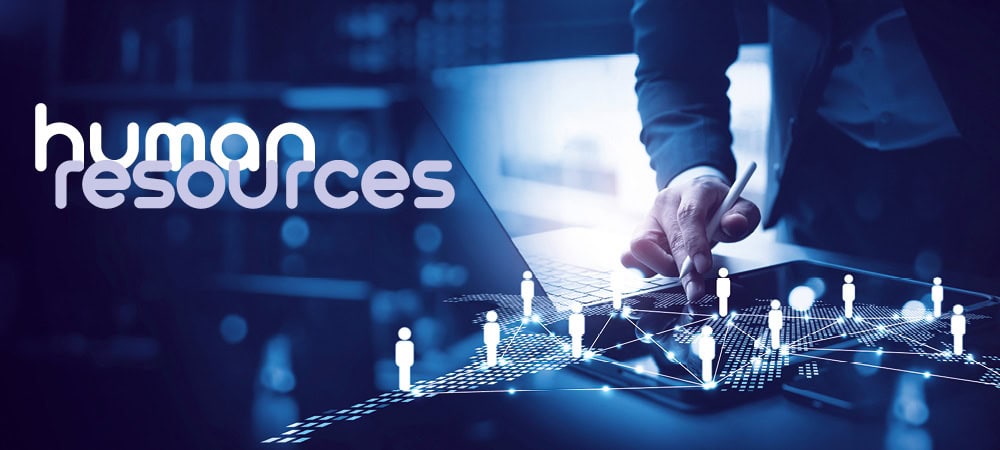ERP Knowledge Gaps


Efficiency versus relevance
Financial analysts and investors are predicting a bright future for SAP because the company has shifted its entire business model from focusing on business issues to embracing the technical paradigm of the public cloud. Additionally, SAP's share price rose to an all-time high following the presentation of the company's second-quarter results.
At the beginning of the year, the company planned to lay off or retrain about 8,000 employees as part of a comprehensive reorganization. SAP's plans have changed and now 10,000 employees will be affected. The current plans show that the global ERP market leader wants to mutate even faster and more radically into a public cloud company. The business figures for the second quarter of 2024 confirm this trend and prove CEO Christian Klein and his CFO Dominik Asam right. With a solid public cloud strategy, SAP can only succeed because the company can reduce the number of employees with outdated on-prem and private cloud knowledge, while at the same time achieve the well-known economies of scale and efficiency in a public cloud—hyperscalers have been leading the way for years.
However, it is not yet clear whether SAP's radical public cloud strategy will remain relevant for European customers. A survey conducted by the German-speaking SAP user group (DSAG) earlier this year shows that DSAG members perceive SAP's relevance to be unchanged or slightly declining. Despite new topics such as AI and the cloud, SAP is not succeeding in becoming more attractive to traditional customers.
Hyperscaler versus SAP Cloud
The expectations of SAP customers differ from the strategy of CEO Christian Klein. A long-time SAP user expects standard business and organizational solutions from the global ERP market leader. SAP has always been relevant because of its programmed business processes, its holistic view of the organizational and operational structure of customers, and its solid and efficient end-to-end processes.
SAP has always made enough money on standard business software. Of course, Oracle's contribution margins were higher, but the difference was not due to a better strategy, but simply to a different business model. Software products such as Microsoft Office, Adobe Acrobat, or Oracle are sold differently than consulting-intensive ERP software. ERP in the form of the SAP software offering was not only time-consuming and complex for users, but also a development and maintenance challenge for the vendor.
With S/4 Public Cloud, SAP wants to follow the successful path of hyperscalers: achieving maximum profit through maximum standardization. What may be possible in areas such as AI, mail, e-commerce, storage, and databases is hardly conceivable for comprehensive ERP software. Nevertheless, SAP wants to become a public cloud company like hyperscalers, so it is stripping its own ERP legacy of features until it fits into a public cloud.
AI revolution defeats SAP ERP
SAP's customers are very skeptical about the move to a reduced, simplified, and standardized public cloud. SAP expects this approach to deliver high efficiency, high contribution margin, and reduced headcount. At the same time, the IT industry and SAP are investing in generative AI, which can compensate for the shortcomings of a public cloud.
But generative AI could soon make any kind of manually programmed software obsolete. Many years ago, AI pioneer Jürgen Schmidhuber talked about building neural networks for machine learning. He said that ML (machine learning) would soon be so successful that machines would build their own neural networks. This effect is also conceivable for generative AI. A large-language model could design more and better models. One day, a generative idea could offer better ERP in the public cloud, thwarting any further efforts by SAP. Giving up ERP knowledge in the form of standardization and layoffs may become a dead end in the age of generative AI. SAP should not attempt to become a cloud company, but continue to generate business knowledge. The short-term pursuit of more revenue and profit stands in the way of long-term knowledge and business success.






